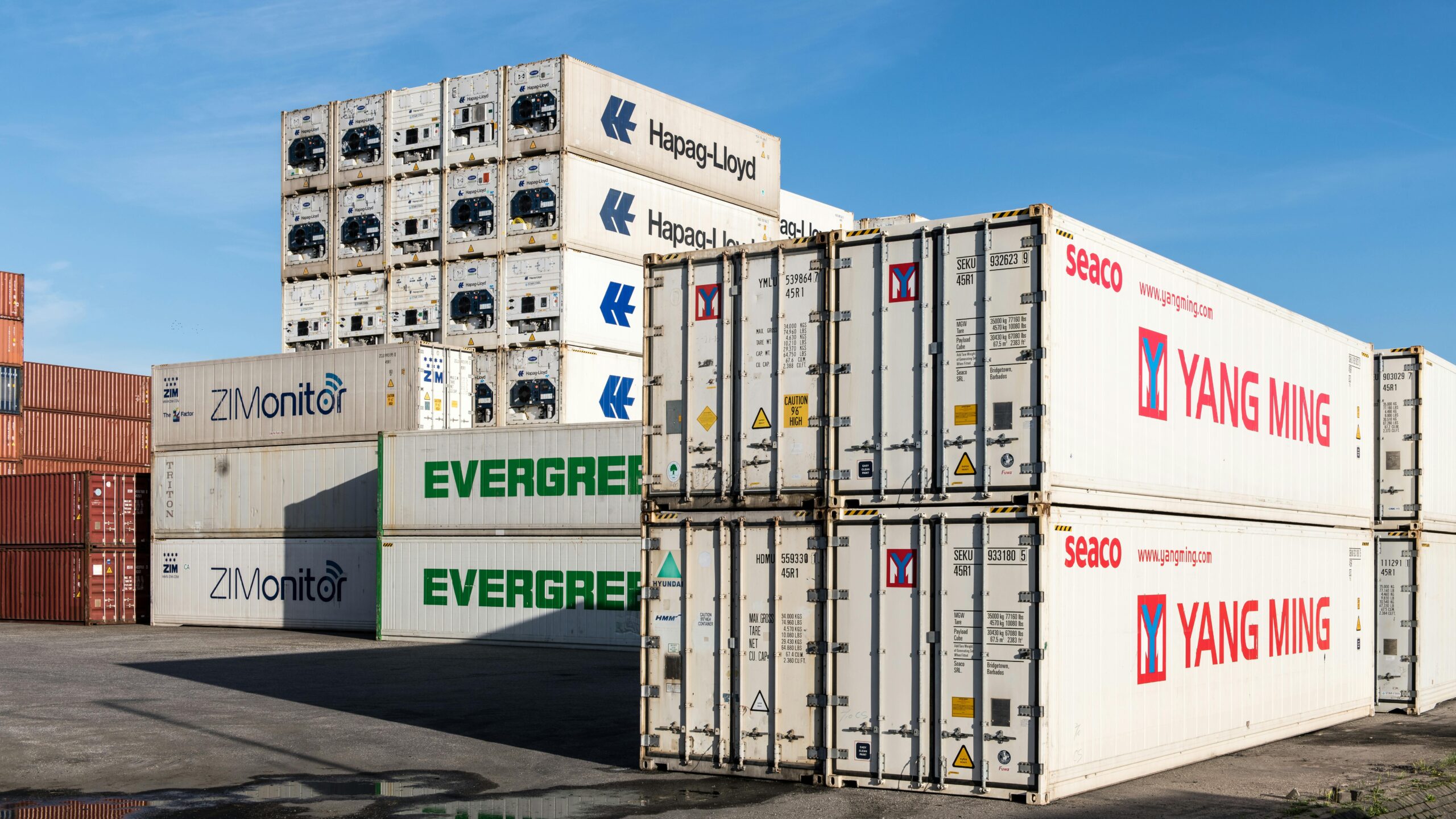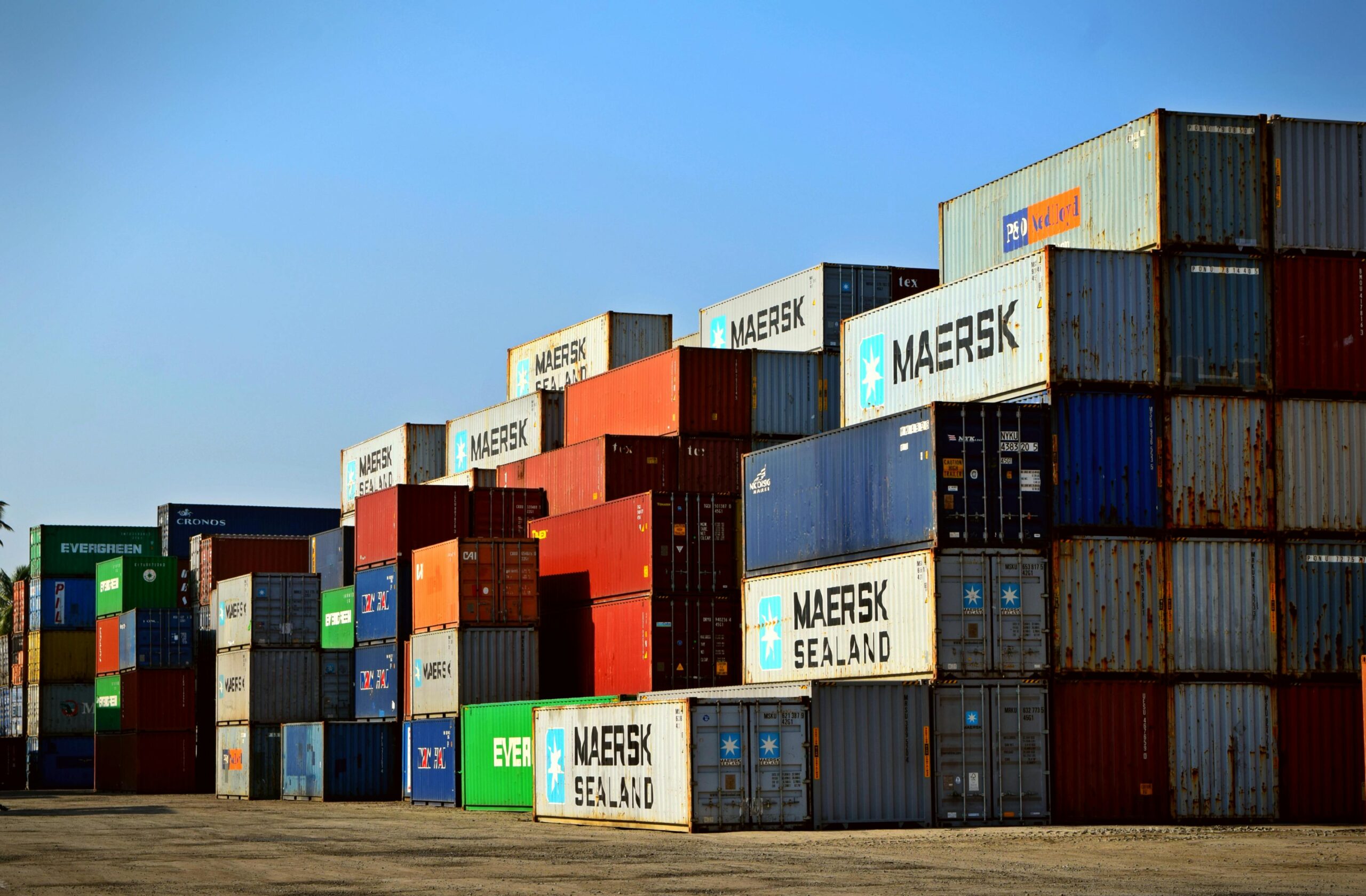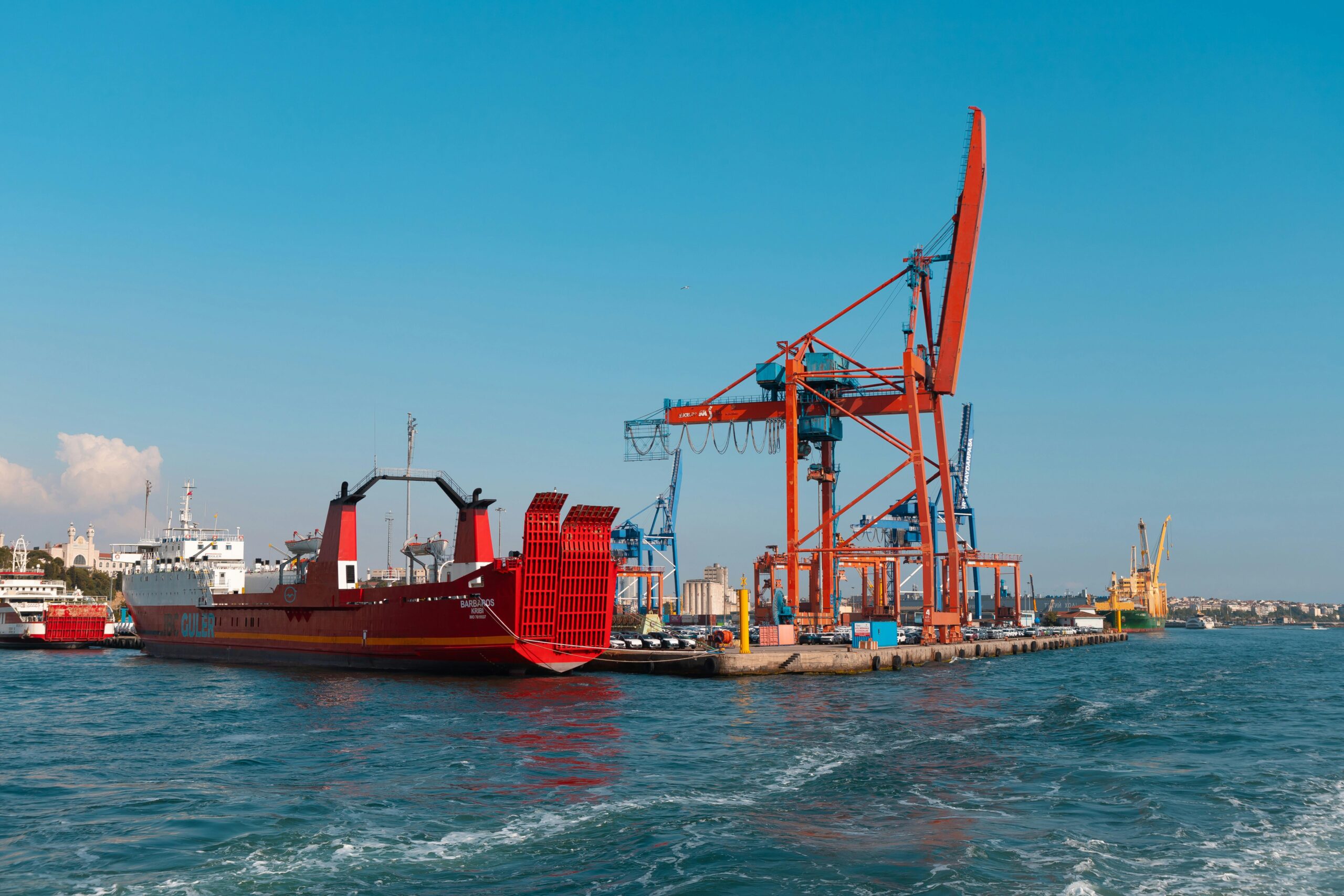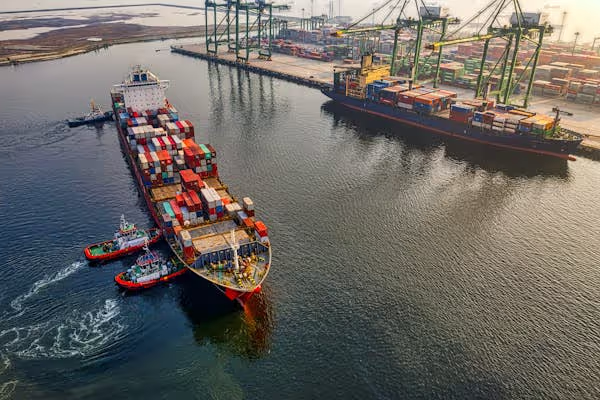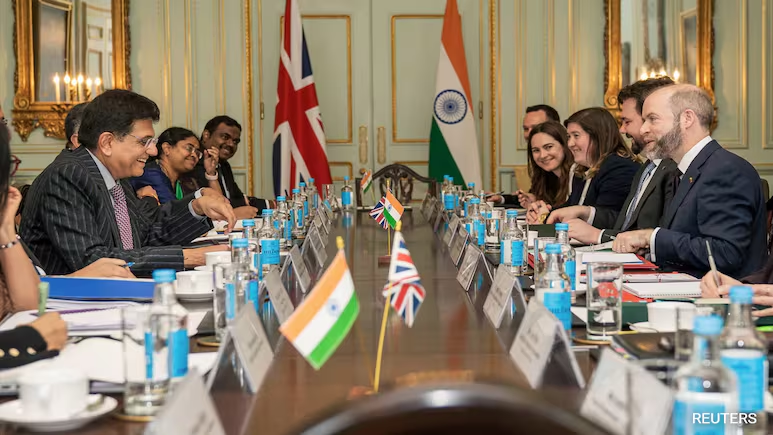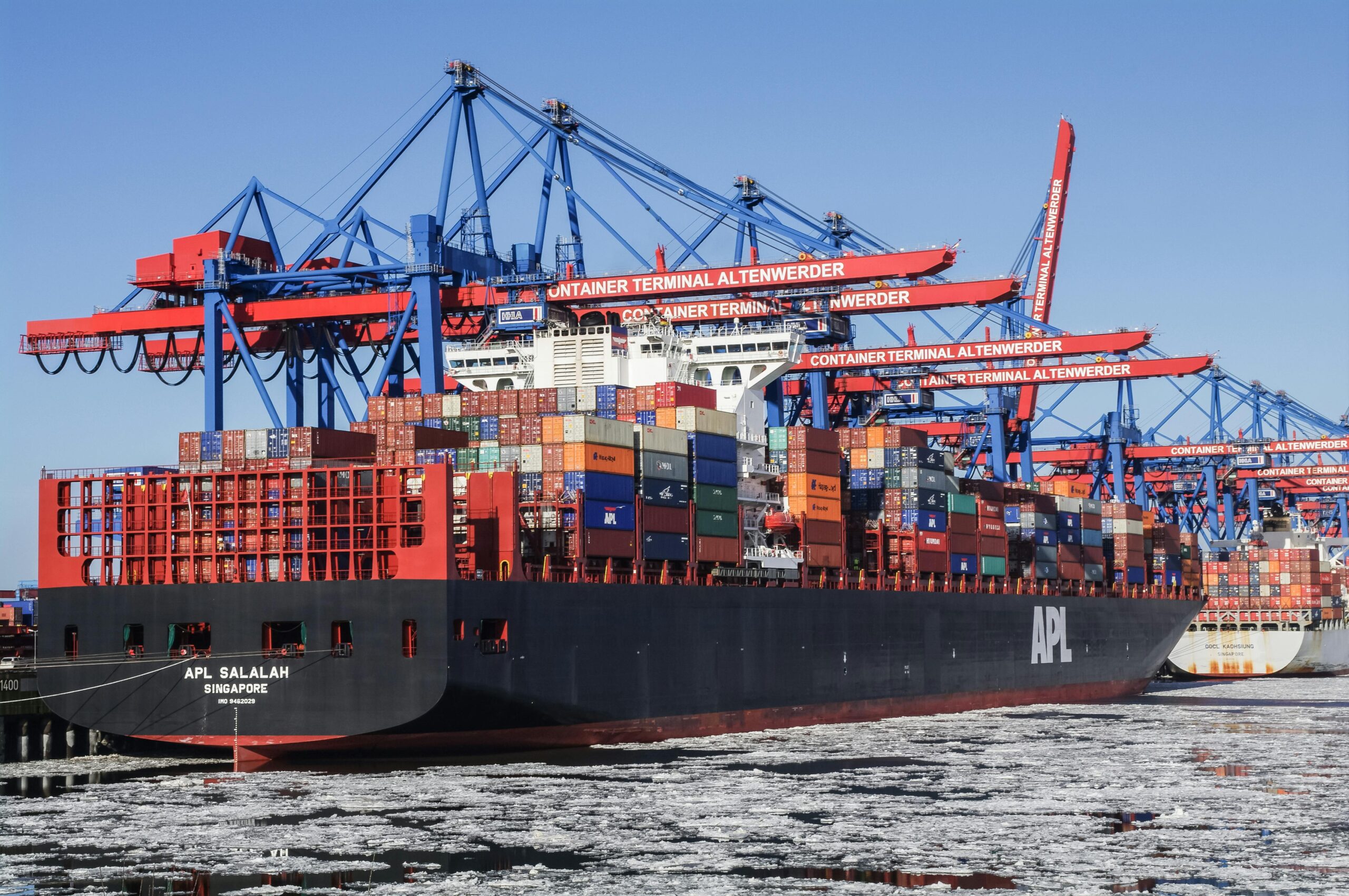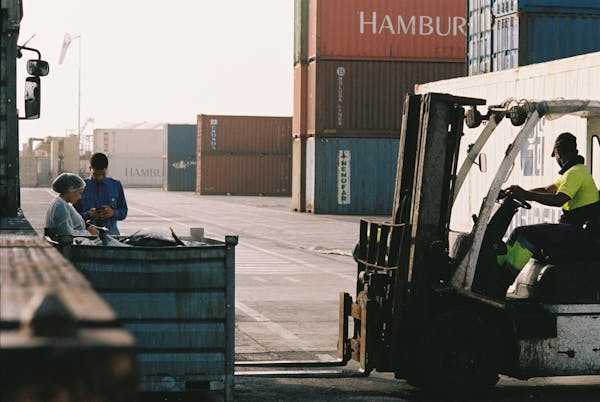A New Trade Era for India and the UK
As global markets face heightened protectionism, the UK-India Free Trade Agreement (FTA) emerges as a rare win for open commerce. This landmark deal is designed to deepen trade ties between two of the world’s largest economies, India, set to become the third-largest globally, and the UK, a major services-led market seeking resilient post-Brexit partnerships.
With goals to boost bilateral trade to $100 billion by 2030, the FTA is more than a tariff-reduction mechanism. It is a multi-dimensional pact that spans trade in goods and services, labor mobility, digital economy cooperation, and tax relief for cross-border workforces, offering tangible advantages for Indian businesses ready to scale internationally.
Expanding Trade Horizons: What Indian Businesses Should Know
The FTA lays the groundwork for easing market access, minimizing tariff barriers, and introducing safeguards for smoother cross-border operations. Indian exporters, service providers, and globally ambitious startups can expect to benefit in several ways.
Market Access in High-Value Sectors
With reduced trade frictions, Indian industries like textiles, pharma, automotive components, and electronics will find it easier to enter and compete in the UK market. Lower duties and harmonized standards translate into higher margins or better pricing for UK consumers.
| Industry | Typical Trade Challenge | FTA-Driven Shift |
|---|---|---|
| Textiles & Apparel | Tariff-driven pricing issues | Competitive parity with global suppliers |
| Pharmaceuticals | Regulatory complexity | Streamlined entry for generics |
| Automotive Parts | Dual certification barriers | Simpler compliance pathways |
Services and Talent: A Significant Breakthrough for Indian IT & Consulting Firms
One of the standout components of the deal is mobility for skilled professionals and workers. The FTA introduces a three-year exemption from social security contributions for staff temporarily transferred between India and the UK. This policy allows Indian companies sending employees to the UK (and vice versa) to avoid double payment of social security, a major cost and compliance burden in cross-border staffing.
What This Means for Businesses:
- Indian IT firms, engineering consultancies, and project-based service providers can now deploy talent without duplicative deductions.
- UK employers hiring Indian specialists for short-term roles can benefit from lower labor costs.
- Contributions will be made only in the home country, not in both jurisdictions.
This move aligns India with countries like the US, South Korea, and EU nations that already enjoy such bilateral agreements with the UK. For Indian startups and scale-ups with UK operations, this is a meaningful financial and operational advantage.
SMEs and Startups: Leveling the Playing Field
The FTA isn’t only a boon for large corporations. Indian small and medium enterprises (SMEs) and digital-first startups stand to gain from:
- Easier business registration in the UK
- Improved access to financing and buyer networks
- Mutual recognition of standards and certifications
For example, a Pune-based B2B SaaS firm delivering tax or accounting automation can enter the UK market with reduced compliance friction and appeal to a wider customer base, especially when paired with platforms like Commenda, which streamline incorporation, VAT registration, and document governance across borders.
Setting the Stage for Cross-Border Growth
The UK-India FTA creates a friendlier environment for:
- Joint ventures and co-innovation programs
- Licensing and IP collaboration
- Access to UK’s capital markets
India’s export target of $1 trillion by 2030 aligns well with the UK’s trade diversification goals. Businesses that move early can shape the market narrative and establish leadership while their competitors wait.
Navigating Practical Realities: Trade Still Requires Preparedness
Even with regulatory cooperation, Indian businesses must prepare structurally to leverage the FTA. This includes:
- Ensuring products meet UK specifications
- Building local distribution networks or partnerships
- Understanding UK VAT implications, customs documentation, and product labeling laws
Platforms like Commenda provide critical infrastructure to:
- Set up legal entities in the UK
- Automate tax filings and maintain statutory compliance
- Handle multi-country document workflows in real time
The Political Context: Stability and Scrutiny
While the FTA marks an economic milestone, it arrives amidst political debate in the UK. Some opposition voices have raised concerns around tax reliefs, labor protection, and transparency. However, the UK government has clarified that public services like the NHS remain unaffected and that the health surcharge remains payable by temporary foreign workers.
What’s clear is that despite domestic contention, business and trade bodies from both countries have broadly endorsed the deal. The Confederation of British Industry (CBI) called it a “beacon of hope” amid growing global protectionism, highlighting the strategic value of India’s market scale and demographics.
First Movers Will Reap the Most
The UK-India Free Trade Agreement is not merely a diplomatic success, it’s a market-opening lever for Indian businesses. With built-in labor mobility, tax rationalization, and market facilitation, this deal represents one of the most comprehensive bilateral trade frameworks India has signed to date.
But opportunity favors the prepared. Indian businesses must move swiftly, align their internal operations, and seek cross-border partners to maximize this deal’s benefits.
Suggested Next Steps for Indian Businesses:
- Audit export readiness and regulatory compliance
- Engage trade facilitation bodies like UKIBC or India’s Commerce Ministry
- Use cross-border compliance platforms to reduce friction
- Build market entry plans that leverage both service exports and product distribution
Ready to Go Global?
Indian businesses eyeing UK expansion under the new FTA can’t afford to overlook tax compliance, local incorporation, and regulatory filings. Commenda helps you manage every step, from setting up entities to automating VAT and staying audit-ready, all in one unified platform built for cross-border growth.
Explore how Commenda supports global-first Indian companies
